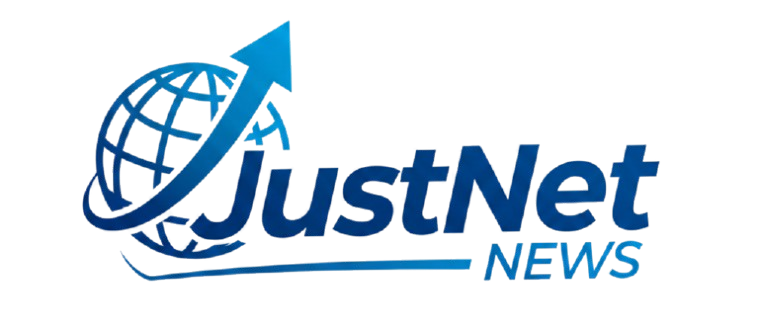
Nigeria Customs Waive 4% FOB Charge on Importation of Aircraft Parts, Raw Materials, Healthcare-related Imports, Others
The Nigeria Customs Service (NCS) has announced the exception of commercial airline spare parts, healthcare related and other essential imports from the 4% FOB charge.
Comptroller General of Customs (CGC), Adewale Adeniyi, made the announcement in a high level meeting with the Manufacturers Association of Nigeria (MAN) where the two organisations signed a strategic agreement exempting manufacturers from the 4% Free-on-Board (FOB) charge.
The meeting held today at MAN house on Awolowo way, Ikeja, Lagos, aimed to strengthen Nigeria’s industrial base and ease the cost of doing business.
According to the CGC, “this partnership reflects our shared commitment to Nigeria’s economic transformation through industrial growth, job creation, and export promotion”. He emphasised the importance of constructive dialogue in building a predictable customs environment that supports manufacturing excellence.
MAN President, Francis Meshioye, echoed this sentiment, stating that “Constructive dialogue like this is essential to building a predictable customs environment that supports manufacturing excellence”. The agreement highlights the power of collaboration in driving economic growth and development.
Key Outcomes of the Agreement:
– Exemption from 4% FOB Charges: Manufacturers importing raw materials, machinery, and spares are exempt from the 4% FOB charge.
– Onboarding of Additional Manufacturers: More manufacturers will be on boarded to benefit from the exemption, promoting inclusivity and supporting the growth of Nigeria’s manufacturing sector.
– Tripartite Consultations: The NCS, MAN, and the Ministry of Finance will engage in tripartite consultations to expedite onboarding and streamline processes, ensuring a smooth implementation of the agreement.
– Credit System: Manufacturers who have already paid the 4% FOB charge will be eligible for a credit system, allowing them to utilise the credit in future transactions.
The agreement also provides additional exemptions for:
– Humanitarian Goods: Exemptions for humanitarian goods will facilitate the importation of essential goods and services, supporting Nigeria’s humanitarian efforts.
– Healthcare-Related Imports: Exemptions for healthcare-related imports will help improve access to healthcare services and products, ultimately benefiting the Nigerian people.
– Government Projects: Exemptions for government projects will support the implementation of critical infrastructure projects, driving economic growth and development.
– Commercial Airline Spare Parts: Exemptions for commercial airline spare parts will help reduce costs for airlines, promoting the growth of Nigeria’s aviation industry.



